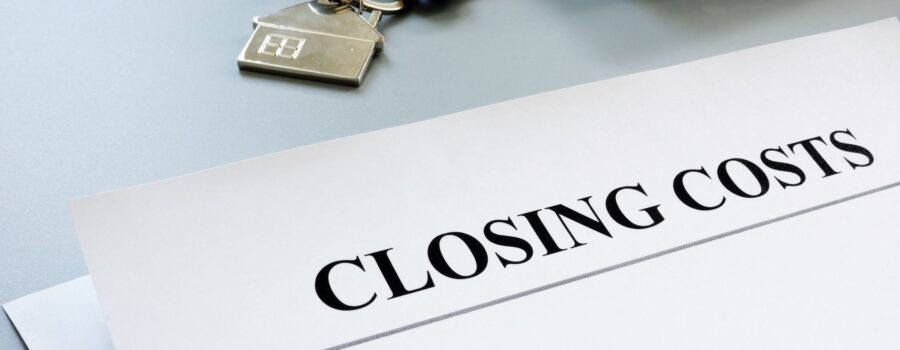A question I often receive from multifamily investors is what are the closing costs going to be on the loan? There are a couple rules of thumb.
If it is a fixed rate loan like a recourse bank loan, then the closing costs are somewhere around 3% of the loan amount. That includes origination fees, legal, appraisal, survey, title, etc.
If it is a nonrecourse floating rate loan, then the closing costs are around 5% and getting close to 6% with increased rate cap costs due to interest rate volatility. The increase in costs accounts for higher legal bill and a rate cap the lender will require.
Closing Costs
To break it down a little further, let’s look at the closing costs for a $10,000,000 loan on a multifamily property.
Recourse Bank Loan – $10,000,000
| Loan Application Fee | $25,000 |
| Lender Origination Fee | $100,000 |
| Broker Origination Fee | $100,000 |
| Lender Legal | $15,000 |
| Borrower Legal | $30,000 |
| Title Fees | $10,0000 |
| Total | $280,000 |
| Percent of Loan Amount | 2.8% |
Nonrecourse Bridge Loan – $10,000,000
| Loan Application Fee | $75,000 |
| Lender Origination Fee | $100,000 |
| Broker Origination Fee | $100,000 |
| Lender Legal | $50,000 |
| Borrower Legal | $30,000 |
| Title Fees | $20,0000 |
| Interest Rate Cap | $200,000 |
| Total | $575,000 |
| Percent of Loan Amount | 5.75% |

Rate Cap
When take out a floating rate bridge loan, the lender requires a rate cap. As you can see from the Nonrecourse Bridge Loan example, that cost can be high. This is due to the increased volatility of interest rates at the time of this writing.
The forward SOFR curve is projected to be approximately 3.5% in a year from now. SOFR is currently at 0.28%. If you have a 4% floating rate loan, then your interest rate is 4.28%. In a year from now it could be 7.5% without a rate cap.
A lender will require usually around a 2% cap so that your debt payment does not become unserviceable. Therefore, the caps are expensive. The rate cap provider will have to cover the interest payment over the rate at which you cap.
Conclusion
Rising interest rates will make bank loans more attractive for smaller multifamily properties. You can fix the rate and pay 2% to 3% less in closing costs. You will also save on higher interest rate payments. In some cases, several hundred thousand depending on the hold period.
The downside to that is signing some recourse or partial recourse. It is a risk that a lot of investors are not willing to make. However, with rising interest rates signing some recourse or partial recourse to save hundreds of thousands might make sense.


